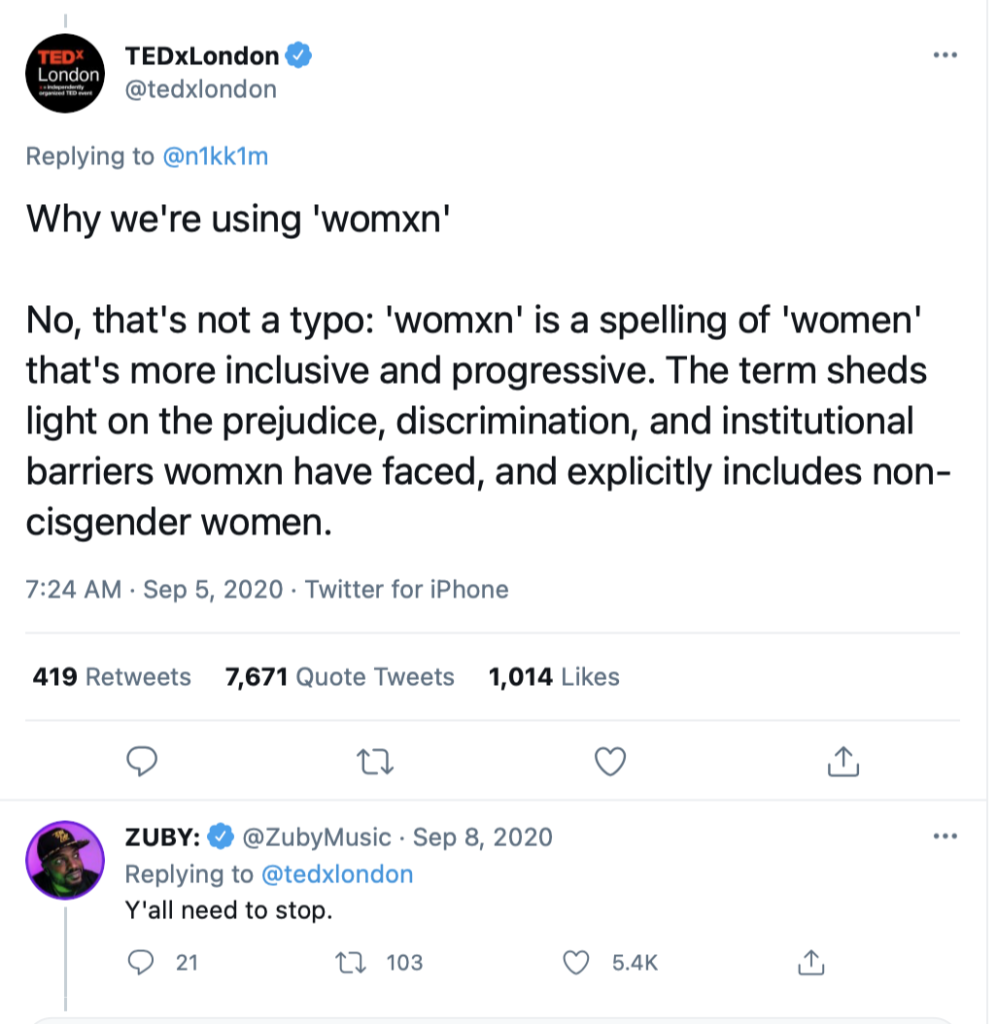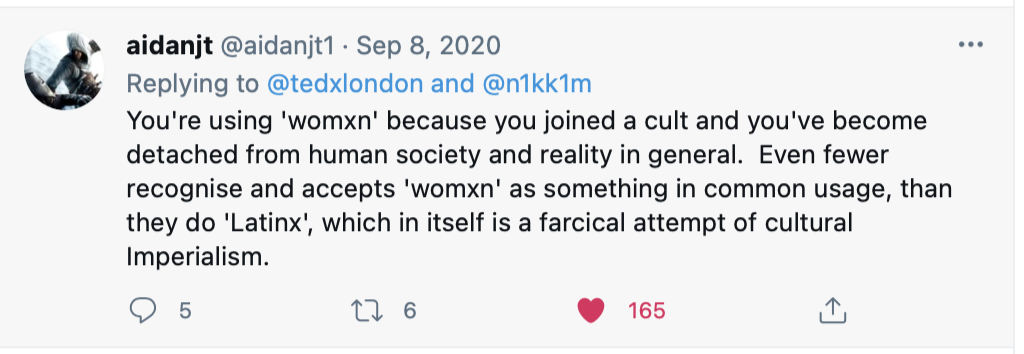It’s Time to Carefully Examine Critical Race Theory Programs Imposed on our Students in the Classroom
In his most recent column at City Journal, Christopher Rufo points out the dishonest claim by NYT columnist Michelle Goldberg that opponents of critical race theory are supposedly refusing to discuss and debate the merits of CRT. Goldberg's claim is wildly untrue. As Rufo states:
For more than a year, prominent black intellectuals, including John McWhorter, Glenn Loury, Wilfred Reilly, and Coleman Hughes have challenged the critical race theorists to debate—and none has accepted. After Goldberg published her column, I called her bluff even further, challenging to “debate any prominent critical race theorist on the floor of the New York Times.” Predictably, none responded, catching the New York Times in a fib and further exposing the critical race theorists’ refusal to submit their ideas to public scrutiny.
Rufo then challenges those like Goldberg who vaguely describe CRT school programs as encouraging "social justice."
They present critical race theory as a benign academic discipline that seeks “social justice,” while ignoring the avalanche of reporting, including my own, that suggests that, in practice, CRT-based programs are often hateful, divisive, and filled with falsehoods; they traffic in racial stereotypes, collective guilt, racial segregation, and race-based harassment. The real test for intellectuals on the left is not to defend their ideas as abstractions but to defend the real-world consequences of their ideas.
Goldberg and Sachs should answer in specifics. Do they support public schools forcing first-graders to deconstruct their racial and sexual identities, then ranking themselves according to their “power and privilege”? Do they support a curriculum that teaches that “all white people play a part in perpetuating systemic racism”? Do they support telling white teachers that they are guilty of “spirit murdering” black children? Do they support telling white parents that they must become “white traitors” and advocate for “white abolition”? These are all real-world examples from my investigative reporting over the past two months, all of which the left-wing critics have deliberately ignored in their rebuttals.
Rufo also challenges Jeffrey Sachs who, along with Goldberg, claim that lawmakers working to restrict CRT training are impinging on free speech issue. Really? All you need to turn the clock back to 1850 to make it clear that muzzling overt racism in a classroom is not a serious free speech issue. Rufo explains:
To raise the stakes even further, we could also propose a counterfactual. If the Ku Klux Klan sponsored a public school curriculum that stated, “whites deserve to have the power and privilege” and “black culture is inherently violent”—a simple transposition of critical race theory’s basic tenets—would Goldberg and Sachs jump to the Klan’s defense? They would not—and for good reason. Racism, from the Right or from the Left, is wrong. However, for the critical race theorists, opposing racism is not categorical; it is instrumental. Official discrimination against blacks and Latinos is considered “bad”; official discrimination against whites and Asians is considered “good.”
I have seen many news reports (including Rufo's) that convince me that he is accurately portraying many modern attempts to teach "racial sensitivity" or "bias" or "social justice." That said, we need to be careful how we categorize these programs and those who are advocating for them. There are some productive ways to talk about race, including the programs advocated by Chloe Valdary. The programs I find offensive fall along a continuum. Some of these programs (e.g., programs based on the teachings of Robin DiAngelo) shamelessly argue that we ought to see people as "colors," which is a dysfunctional and destructive way to interact with others. Other programs suggest that we strive to find differences in each other where there are not relevant differences, though they don't say it as explicitly. Every program is different and must be evaluated on its own merits. [More . . . ]


